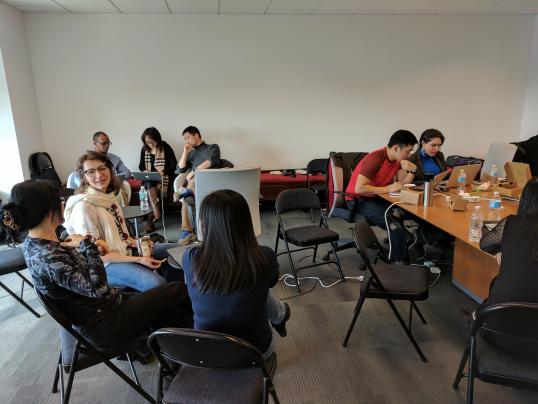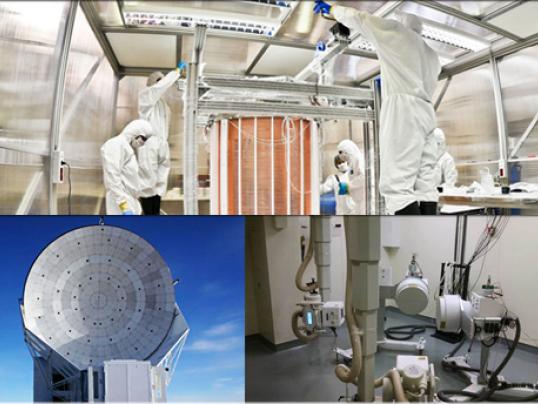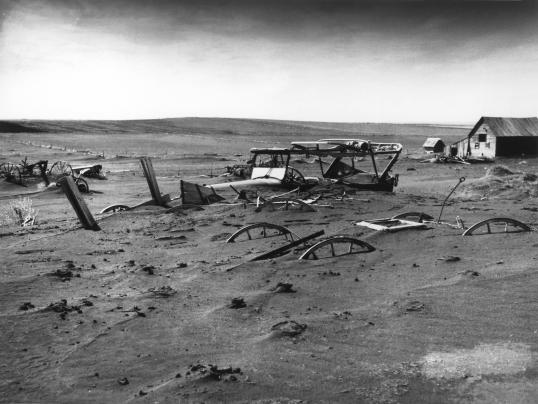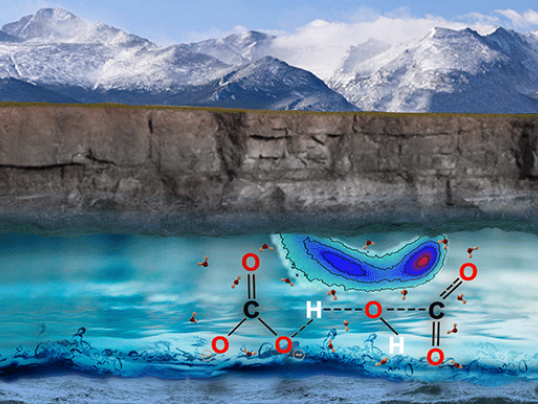Primary tabs


NSF Grant Provides UChicago, MBL Researchers with a New Instrument to Manage Experimental and Observational Data
Wednesday, January 18, 2017
The enormous data sets collected by today’s researchers from instruments and observations are creating enormous challenges in data management and computation. To help meet these challenges, the NSF has awarded a grant to the RCC for the Data Lifecycle Instrument (DaLI).

Dust Bowl Would Devastate Today’s Crops, Study Finds
Wednesday, December 21, 2016
A drought on the scale of the legendary Dust Bowl crisis of the 1930’s would have similarly destructive effects on U.S. agriculture today despite technological and agricultural advances, a new UChicago study finds.

Ramesh Nair Appointed Assistant Director of Operations at the Research Computing Center
Friday, December 2, 2016
Dr. Ramesh Nair has been appointed the Assistant Director of Operations for the Research Computing Center (RCC). In his new role, Dr. Nair will oversee RCC’s various programs and operations and will contribute to its strategic planning. Dr. Nair will work collaboratively with University faculty and RCC users to understand and ensure RCC’s research computing resources meet their current and future computational and data needs.

The Fate of Carbon Dioxide at Extreme Conditions
Thursday, October 20, 2016
RCC helped IME researchers achieve a milestone in the understanding of carbon deep within Earth.